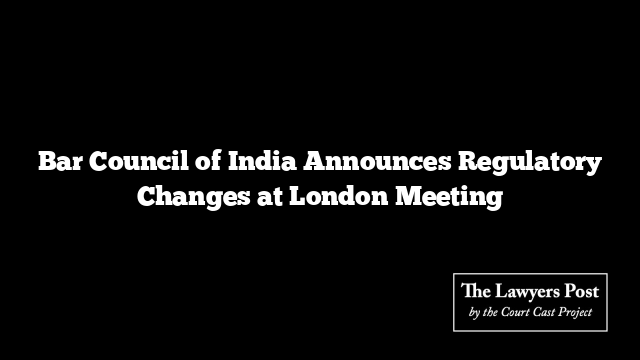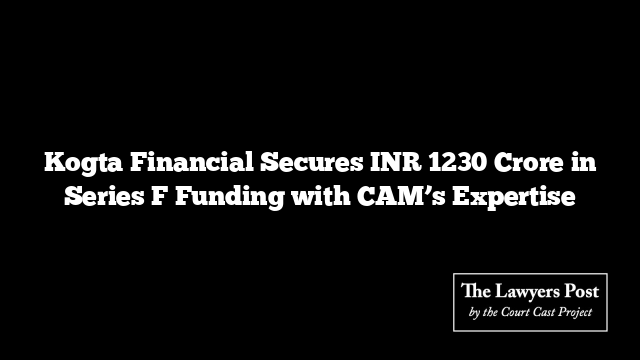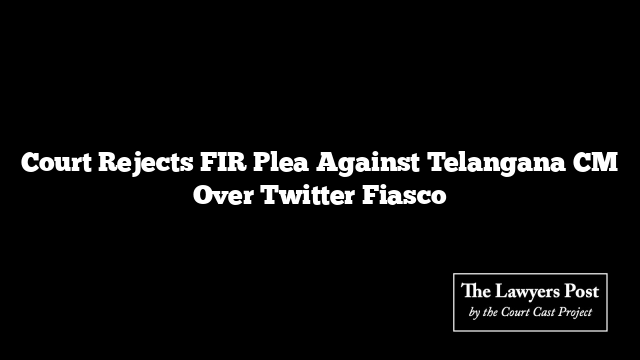The Bar Council of India (BCI) has announced plans to implement new regulations to permit the entry of foreign lawyers and law firms, specifically from the United Kingdom, by the end of July. This decision was disclosed during a meeting held with the Law Society and the Bar Council of England and Wales at the Law Society’s Hall in London. This regulatory change is expected to open the Indian legal market to British legal professionals.
The initiative to liberalize India’s legal market gained momentum in March 2022 with the notification of the Bar Council of India Rules for Registration and Regulation of Foreign Lawyers and Foreign Law Firms in India. Despite this, the implementation faced delays due to objections from the Society of Indian Law Firms (SILF) and demands for clarity from UK legal bodies. Additionally, a petition was filed in the Delhi High Court challenging these rules.
During the recent London meeting, key issues were discussed to refine the regulatory framework. The meeting featured opening remarks from Law Society President Nick Emmerson and BCI Chairman Manan Kumar Mishra.
- Rule 8(2)(v) Discussion: This rule limits Indian advocates working with foreign firms to non-litigious matters. The Law Society called for reduced restrictions to enhance opportunities for Indian lawyers. Emmerson clarified that UK lawyers are not interested in Indian litigation, to which BCI agreed to consider amendments, seeking reciprocal treatment for Indian lawyers in the UK.
- Definition of “Foreign Law”: Currently defined as laws effective in the country of primary qualification, there was a suggestion to allow UK lawyers to handle English and international work in partnership with Indian lawyers. BCI agreed to review this.
- Definition of “Foreign Client”: The Law Society suggested expanding the definition to include Indian clients, as advising foreign clients can be done from abroad. BCI agreed to this revision.
- Fly-in, Fly-out Period: The current 60-day period was proposed to be extended to 90 days. BCI agreed to consider this change, aligning with the Supreme Court’s judgment in AK Balaji.
- Registration Costs: The high cost of registering individual lawyers was raised by the UK counterparts, which BCI agreed to review.
- Disciplinary Jurisdiction: BCI highlighted that stakeholders have raised concerns about the need for disciplinary jurisdiction to remain with BCI.
- International Commercial Arbitration: BCI agreed to develop a Code of Conduct for foreign lawyers in international disputes, as per the Supreme Court’s judgment in AK Balaji.
Nick Emmerson emphasized the importance of strengthening ties between UK and Indian legal professionals and the significance of the upcoming UK-India free trade agreement negotiations. BCI Chairman Mishra expressed optimism about resolving outstanding issues and implementing the new regulations by July. He underscored the importance of the amendments to align with the sentiments of the Indian government and support the free trade agreement.
Sam Townend, Chair of the Bar Council of England and Wales, expressed satisfaction with the productive discussions and looked forward to further engagements in October.
| Issue | Discussion Points | Resolution |
|---|---|---|
| Rule 8(2)(v) | Restrictions on Indian lawyers | Consider amendments for reciprocity |
| Foreign Law Definition | Handling English and international work | Review technicalities |
| Foreign Client Definition | Include Indian clients | Agreed to amend |
| Fly-in, Fly-out Period | Extend to 90 days | Agreed to consider |
| Registration Costs | High costs for individual lawyers | Agreed to review |
| Disciplinary Jurisdiction | Jurisdiction to remain with BCI | Affirmed by BCI |
| International Arbitration | Code of Conduct for foreign lawyers | Agreed to develop |
This move is expected to bolster the legal sector in India, facilitating closer collaboration between Indian and UK legal professionals.





